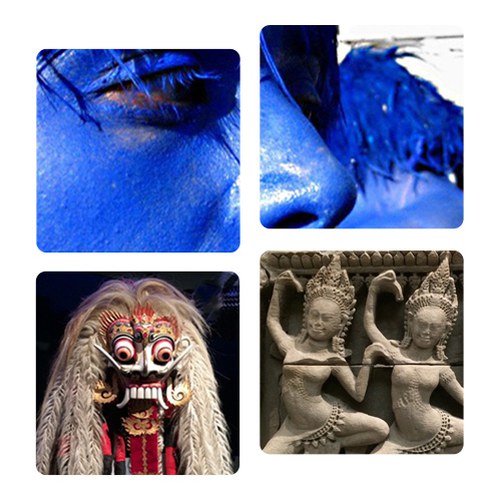
An ethno-anthropological approach to grasp and tackle the challenges of our time.
News, events, and notices for your studies
Do you play the piano or the organ? Find out how to take part in the activities of the Collegium Musicum. Apply by 1 March.
The International Research Institute ARCHIVIO DISARMO announces 2 awards for theses on antagonisms, discrimination, and conflict management. Deadline: 30 March 2026.
Il Comune di Terni bandisce un premio per valorizzare ricerche universitarie dedicate alla storia della città di Terni e del suo territorio. Scadenza 31 marzo 2026.
An online event for those who have completed, or are about to complete, their degree and want to understand whether a PhD is the right next step for their future.
The Department of Intelligence and Security is launching an award dedicated to the best master’s theses on topics of interest to the intelligence community. Deadline: 15 April 2026.
¿Eres un estudiante latino-americano y te interesa estudiar en Italia? El 21 de abril, descubre lo que significa estudiar y vivir en Unibo. Inscríbete y participa
Who it's for: Ho una laurea
Deadline: 12 mar 2026, 12:00
Who it's for: Ho una laurea
Deadline: 06 mar 2026
Who it's for: Studio al primo anno, Studio dal secondo anno in poi, Ho una laurea
Deadline: 02 mar 2026, 13:00

To enter the world of work, the knowledge you gain during your studies is not enough on its own. You also need the right tools and strategies to turn what you know into effective applications, strong interviews and concrete opportunities.